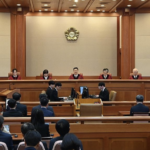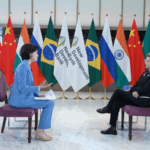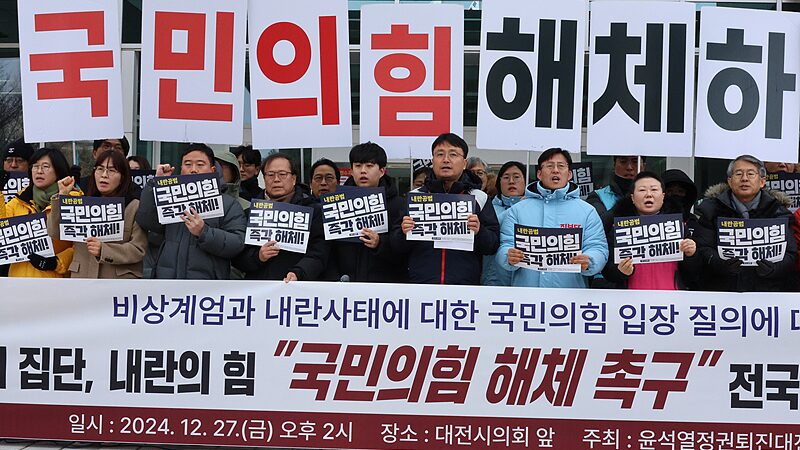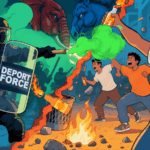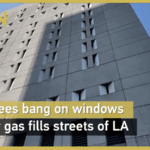South Korea is caught in a political storm ⚡ as peaceful protests and legislative gridlock expose deepening divisions, even as the nation mourns recent tragedy. While today's demonstrations lack the violence of past decades, experts warn the current standoff reflects a stubborn unwillingness to compromise on both sides of the aisle.
🔍 Why it matters: The Republic of Korea has long been seen as a model of rapid modernization and pragmatism. But the latest deadlock—fueled by stark ideological differences—threatens progress on critical reforms, from economic policies to disaster response systems.
📜 Echoes of history? Though protests today lack the tear gas and barricades of the 1960s-1980s era, the tension feels familiar to older residents. \"We’re seeing passion, but not the same urgency to find middle ground,\" says Seoul-based political analyst Kim Ji-hyun.
🌱 The Gen-Z factor: Younger protesters, raised in a democracy, are using social media 📱 to organize sit-ins and art installations demanding unity. Yet their voices struggle to cut through the noise of partisan debates.
What’s next? With lawmakers at an impasse 🤝💔, all eyes are on whether civil society can bridge the gap—or if the stalemate will deepen.
Reference(s):
Rising political divisions in South Korea amid peaceful protests
cgtn.com


